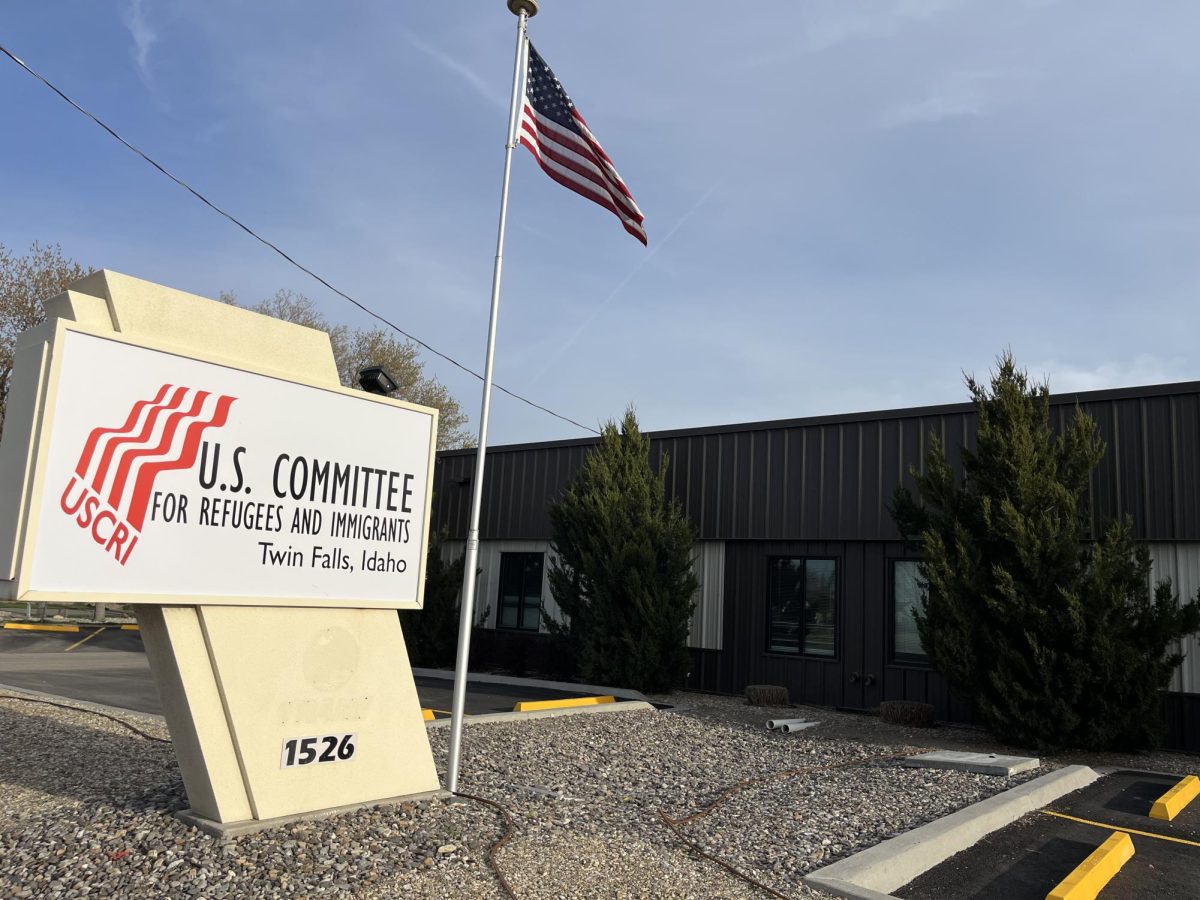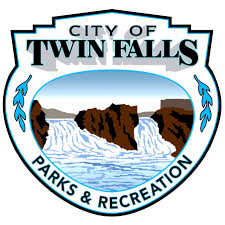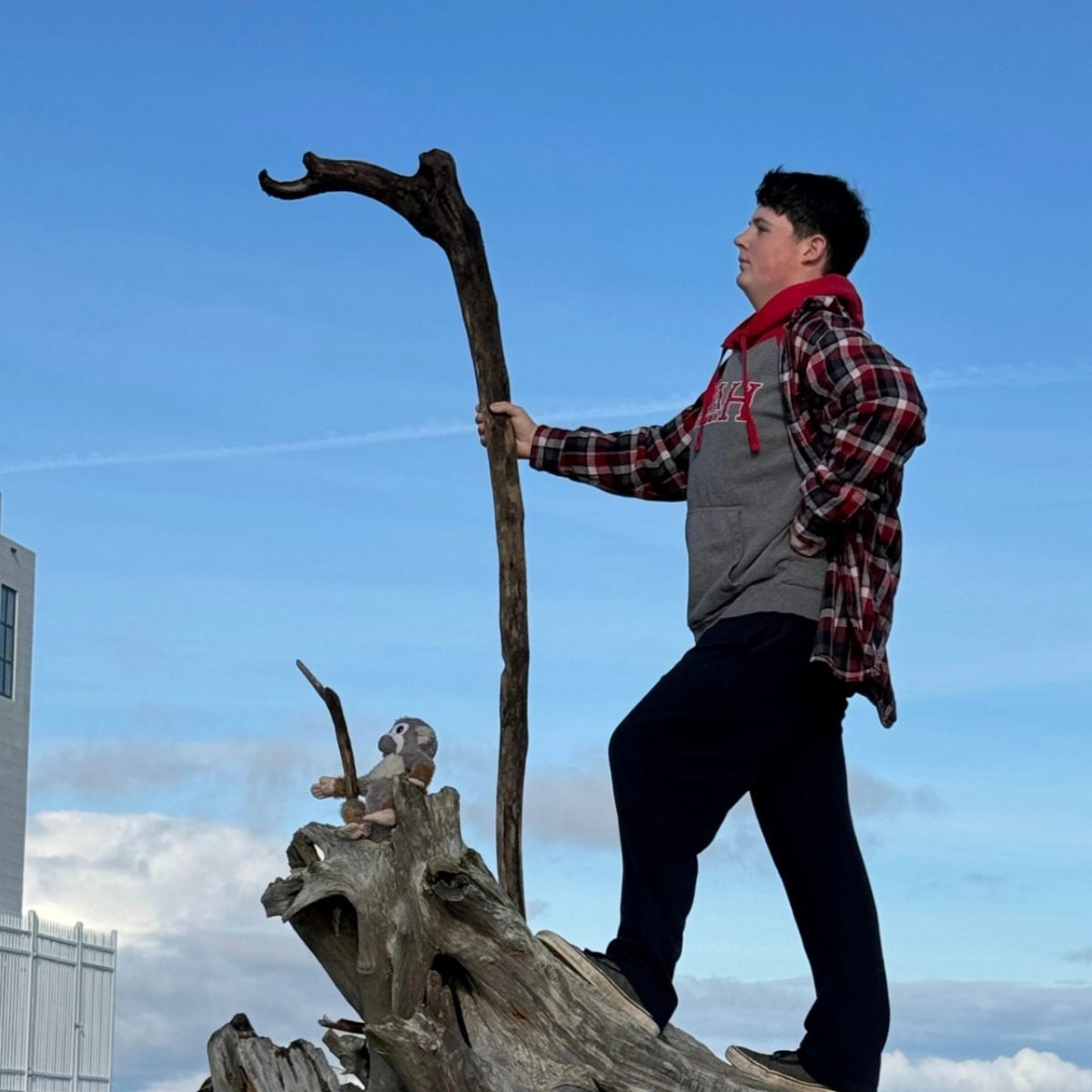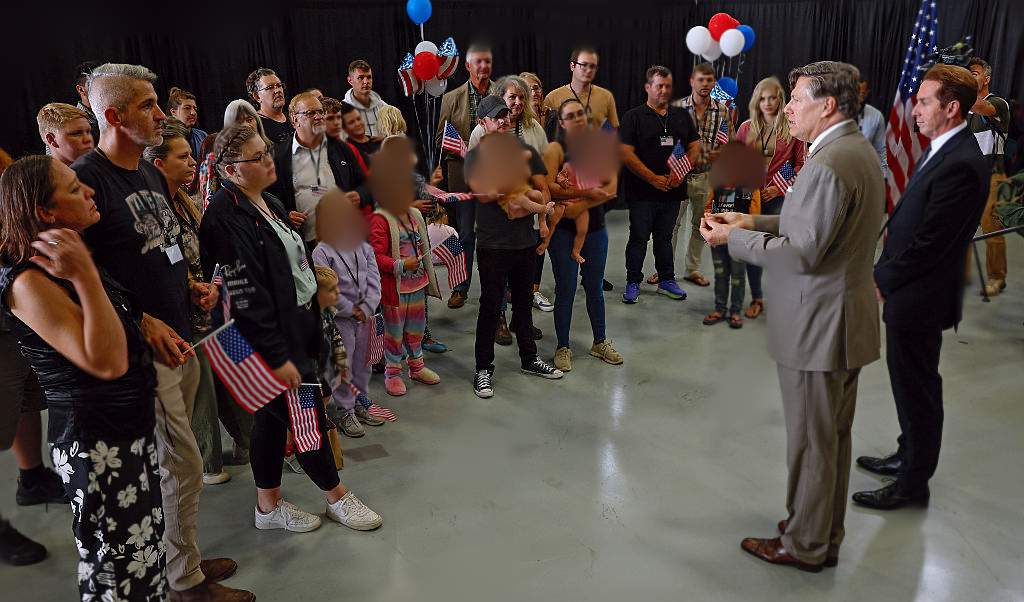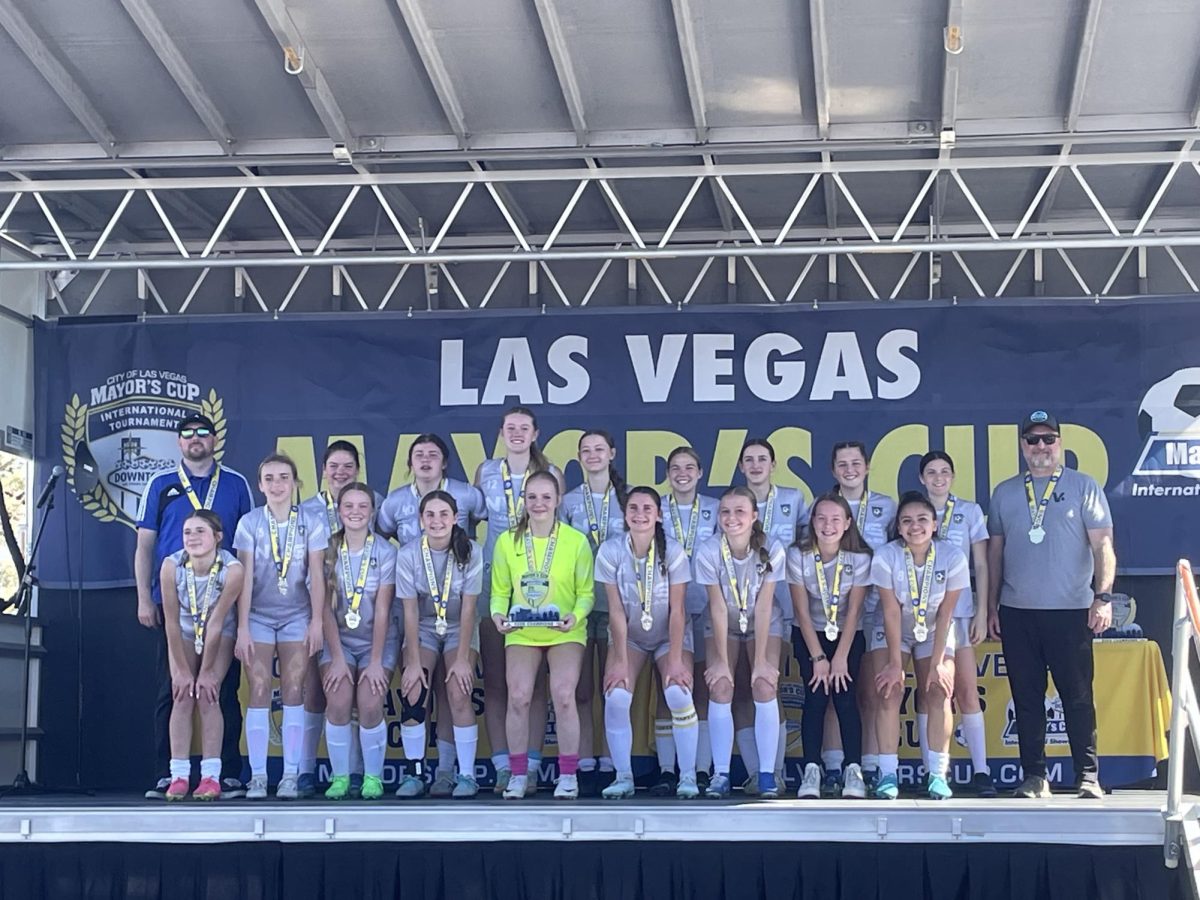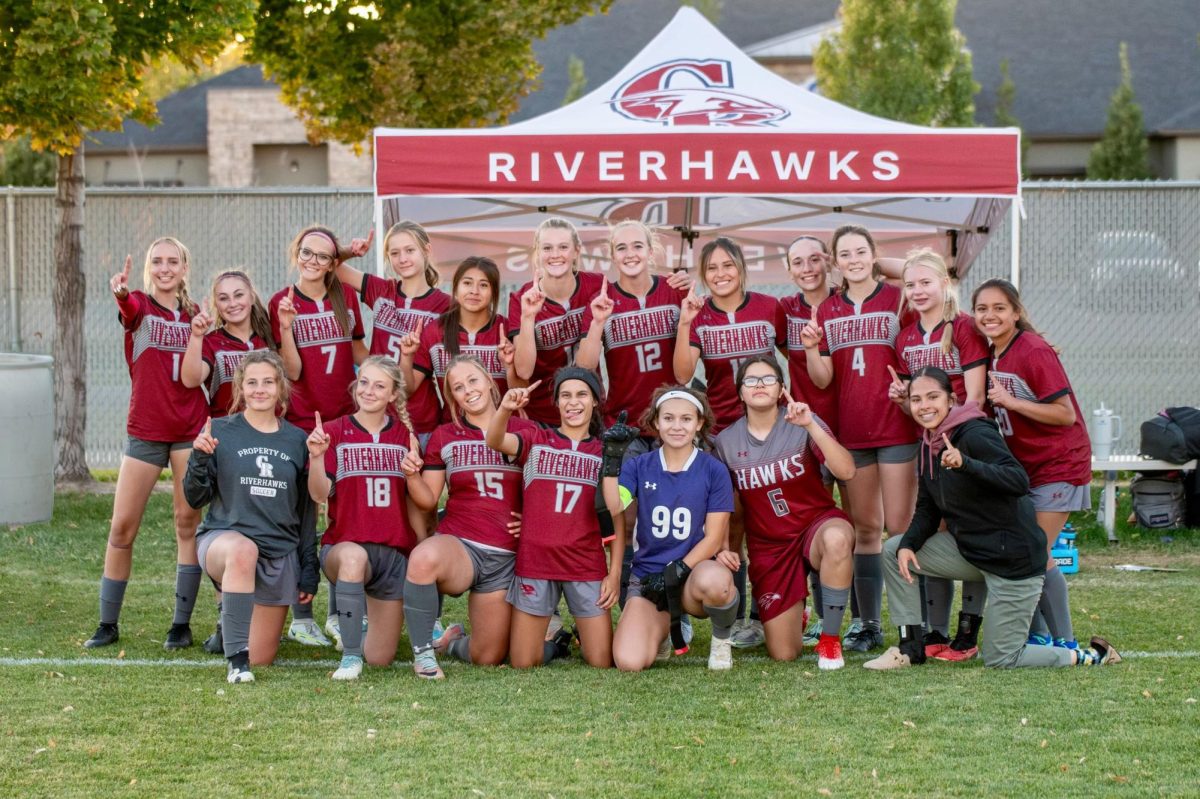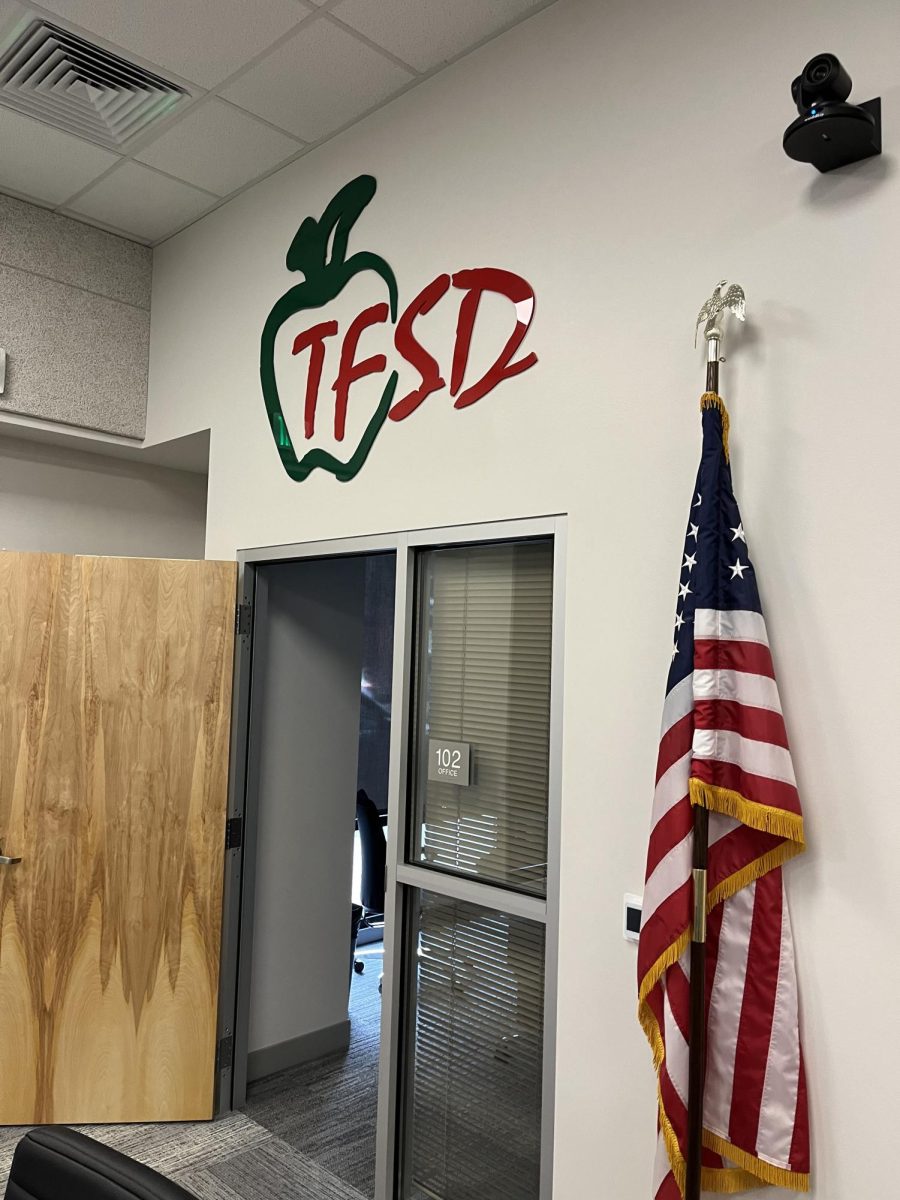Under the new Trump administration’s policies implemented in January 2025, the U.S. Committee for Refugees and Immigrants (USCRI) is “struggling” under the new funding freeze.
USCRI is an organization dedicated to helping immigrants and refugees resettle in America. They mainly rely on federal funding to provide refugees and immigrants with food, housing, employment, and other basic necessities. The idea of the program is to set newcomers up for success so they can eventually become self-sufficient.
While USCRI is a non-profit organization, and receives donations from community members, their main source of funding comes from government agencies.
Chandra Upreti, the director of the Twin Falls USCRI branch, said, “Funding freeze in some of our programs [is] hurting our clients directly.”
When asked about how the organization is working through the sudden cut in funds, Upreti said, “We have about half [the funds] that are normally available…but a lot of it was government funding, so we [are relying] on community member donations…to help us through these difficult times.”
Upreti also stated that they were ready for the new administration to affect some of their funding but “no one ever thought [the funding of refugees already arrived] would be affected.”
USCRI relies mainly on government funding to support new arrivals, but with the funding suspended, the program has had to rely on donations from the community to assist newly arrived refugees and immigrants.
These new policies on immigration have stopped USCRI from receiving any immigrants since January 24th, 2025, including blocking 45 refugees previously cleared and scheduled to enter.
Upreti said that it is “disturbing” that “people have waited so long in camps and in very difficult miserable situations…[they] have gone through the process, they have had hope to have a new life, and everything is shattered.”
Upreti said the administration has plans to review the new policies in three months, but until then, there is still “a lot of uncertainty” and he and his team are “surviving one day at a time…not knowing what’s [going to] happen because there’s no clarity and no guidance from the administration on what to do.”

